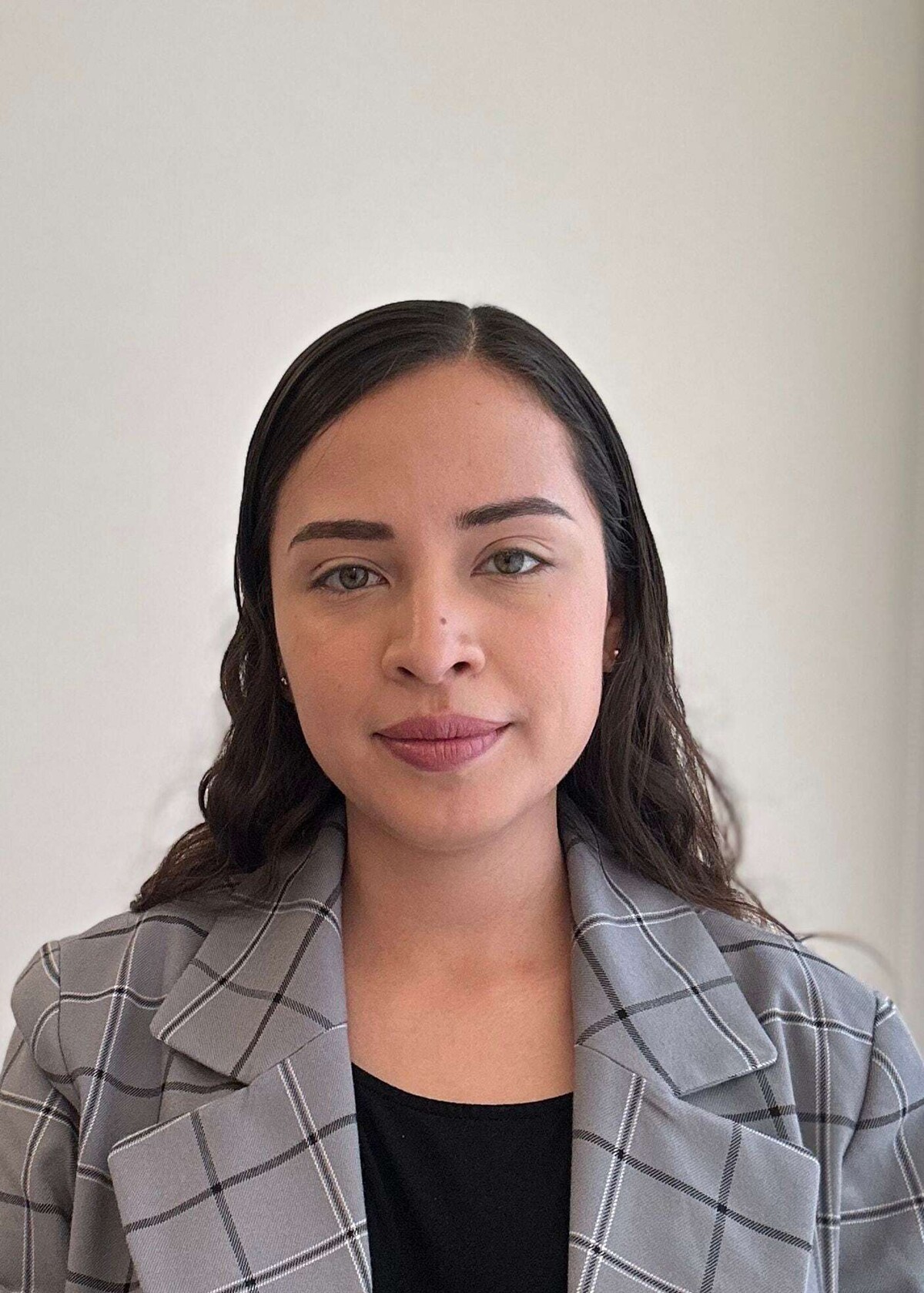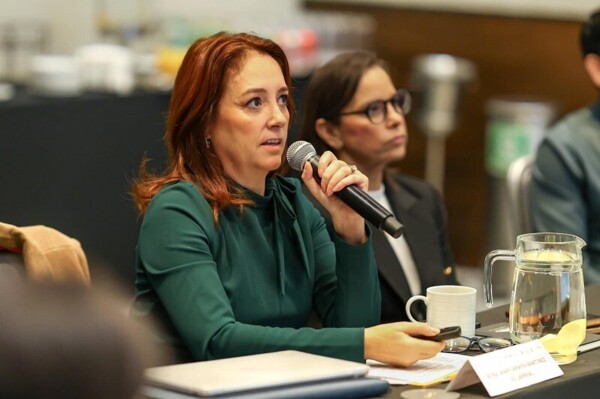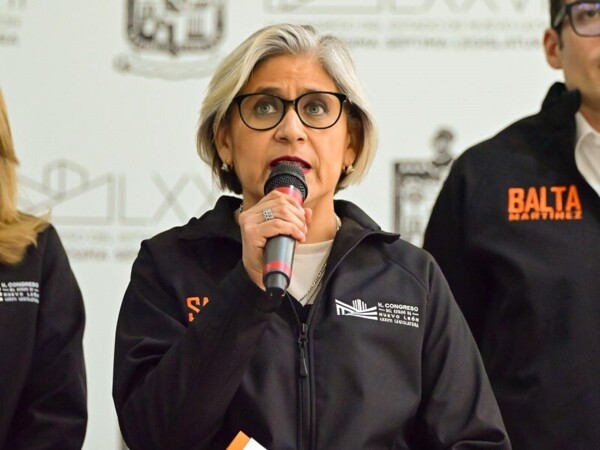
As much as possible, allocating a portion of income to savings is essential to be prepared and face potential emergencies in the future. The January slope presents an opportunity to reflect, adopt better habits, and improve the relationship with money.
To start this process, it is important to record all payment commitments generated, establish due dates, and plan the settlement according to income. Researching with the bank the possibility of deferring debts to fixed monthly payments and considering that monthly payment in the budget is also a useful strategy.
The beginning of the year, specifically January 7, usually marks a starting point for many, but this new beginning can be threatened by the excesses and expenses incurred during the end-of-year festivities. In this sense, it is common for the Christmas bonus to be used to cover these expenses, which can further complicate the financial situation.
As the month progresses, obligatory payments such as property taxes and vehicle registration add up, along with credit card statements reflecting the purchases made in December. Prioritizing debt payments, limiting consumption, and adjusting the budget are key strategies to overcome this stage and avoid greater financial complications.
The practice of good financial habits is acquired over time and knowledge. Educating oneself, seeking useful information, and proposing concrete solutions are actions that can make a difference in personal financial management. Additionally, paying off the smallest debts first can serve as motivation to meet financial commitments more effectively.
In a context where the prices of basic products such as food and transportation tend to rise, it is important to be prepared to face unforeseen circumstances and financial stress situations. This state, which arises when payments exceed income capacity, can have negative consequences on the physical and mental health of individuals.
In summary, financial planning and the conscious use of resources are key to maintaining a sustainable economic balance. Information and resources are available for those who wish to improve their relationship with money and set short- and long-term financial goals. With organization, discipline, and commitment, it is possible to overcome economic challenges and move toward the desired financial stability.














